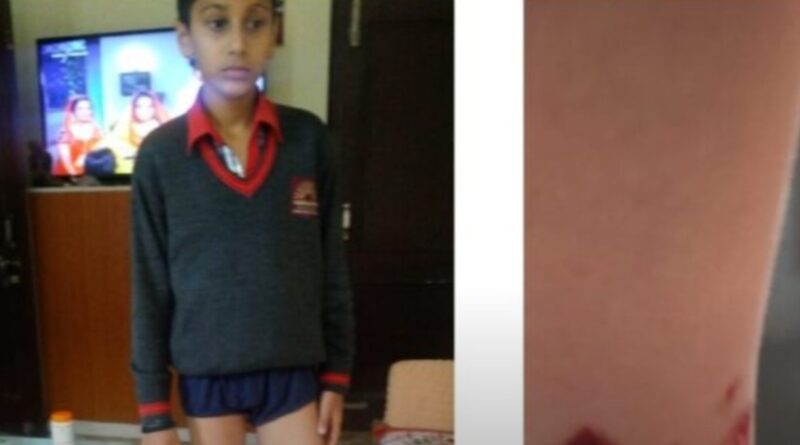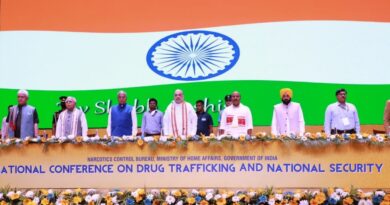A City on Edge: Shimla’s Children Are Not Safe From Rampant Stray Dogs
The peaceful hills of Shimla are being shattered by a growing and terrifying reality: the constant threat of aggressive stray dogs. The situation is not improving; instead, new incidents of brutal attacks are emerging every day, leaving residents frightened and demanding action.
In a heart-wrenching incident today, the fear became a brutal reality for a young boy. Rihansh Joshi, a cheerful 7th-grade student from Kendriya Vidyalaya Jakhu, had just finished an exam and was enjoying a well-deserved playtime with his friends at the popular Rani Jhansi Park near Mall Road. In a sudden, vicious turn of events, a pack of stray dogs descended on the playing children and singled out Rihansh, mauling him severely.
It was only thanks to the quick thinking and bravery of bystanders that the dogs were chased away and Rihansh was rescued. But the damage was done. His leg was left with deep, bloody wounds from the animal’s bites. The scene was one of panic and pain as locals rushed to call an ambulance. Rihansh was quickly transported to DDU Hospital, where medical staff worked to clean and bandage his traumatic injuries.
This attack is not an isolated event. It’s part of a frightening pattern that has changed daily life in Shimla. Parents now speak in hushed, worried tones about the simple act of taking their children to the market. The most vulnerable—children and women—are living in fear, feeling like prisoners in their own beautiful city.
While the Shimla Municipal Corporation has initiated efforts to tag, sterilize, and vaccinate the dogs against rabies, these measures seem to be having little effect on the ground. Residents report that the dogs are becoming more, not less, aggressive. The terror they have unleashed is a profound challenge—one that haunts tourists, devastates local families, and presents a critical test of leadership for the city’s administration. For the sake of its people, finding a safe and lasting solution is no longer just a policy matter; it’s a moral imperative.



